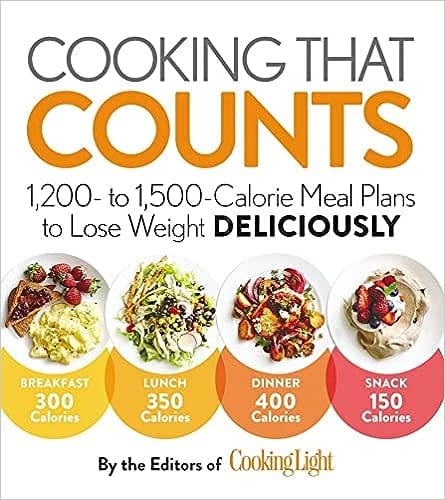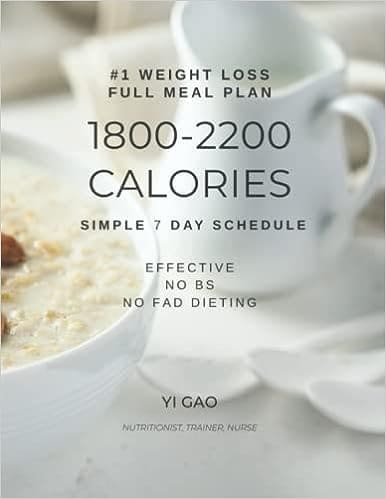Definition
When you consume fewer calories than your body expends for energy, you create a caloric deficit, which often leads to weight loss.
Expanded Explanation
A caloric deficit is a fundamental concept in nutrition and weight management. It emerges when the energy produced by the body’s metabolism surpasses the energy obtained from food, resulting in a negative energy balance.
Importance
Understanding this concept is crucial for weight management and overall health. It’s the underlying principle of most weight loss programs and is instrumental in the prevention and management of obesity and related health conditions.
Context and Usage
Dieters and those seeking weight loss frequently use the term ‘caloric deficit’. It’s also relevant in sports nutrition, where athletes may use calculations to cut weight for competitions.
Examples
- Example 1: If a person’s daily caloric requirement is 2000 calories and they consume 1500 calories, they are in a 500-calorie shortfall.
- Example 2: A professional athlete may deliberately create an energy deficit to lose weight and improve performance.
Understanding Caloric Deficit
A common misconception is that it necessitates drastic food restriction. However, a healthy calorie shortfall can be achieved with moderate dietary changes and increased physical activity.
Related Glossary Terms
- Basal Metabolic Rate (BMR): The number of calories the body requires at rest, directly influencing the caloric deficit calculation.
- Total Daily Energy Expenditure (TDEE): The total number of calories burned in a day, used in determining the caloric deficit.
Visual and Reading Aids
External Resources
Healthline: What Is a Calorie Deficit, and How Much of One Is Healthy?
- Firstly, Healthline’s article explains the concept of a caloric deficit. Next, it discusses its role in facilitating weight loss. Then, the piece defines what constitutes a healthy energy deficit. Furthermore, it offers guidance on creating this deficit safely. Ultimately, the article ensures you can lose weight without compromising your health.
Medical News Today: What to know about calories and body fat
- Medical News Today’s resource provides a comprehensive understanding of how calories and body fat are connected. It explains how creating a caloric deficit can lead to fat loss, and also warns readers about the potential risks of extreme caloric deficits. It is a well-rounded resource offering both scientific explanations and practical advice.
Related Articles
- Discover 7 Calorie Deficit Lose Weight Now Tips: Explore these seven effective tips to create a calorie deficit for sustainable weight loss and transform your health journey today.
- Unveil the Secret to a Successful Caloric Deficit Meal Plan: This post provides insightful strategies for creating and maintaining an effective diet, aimed at promoting sustainable weight loss and overall health improvement.

